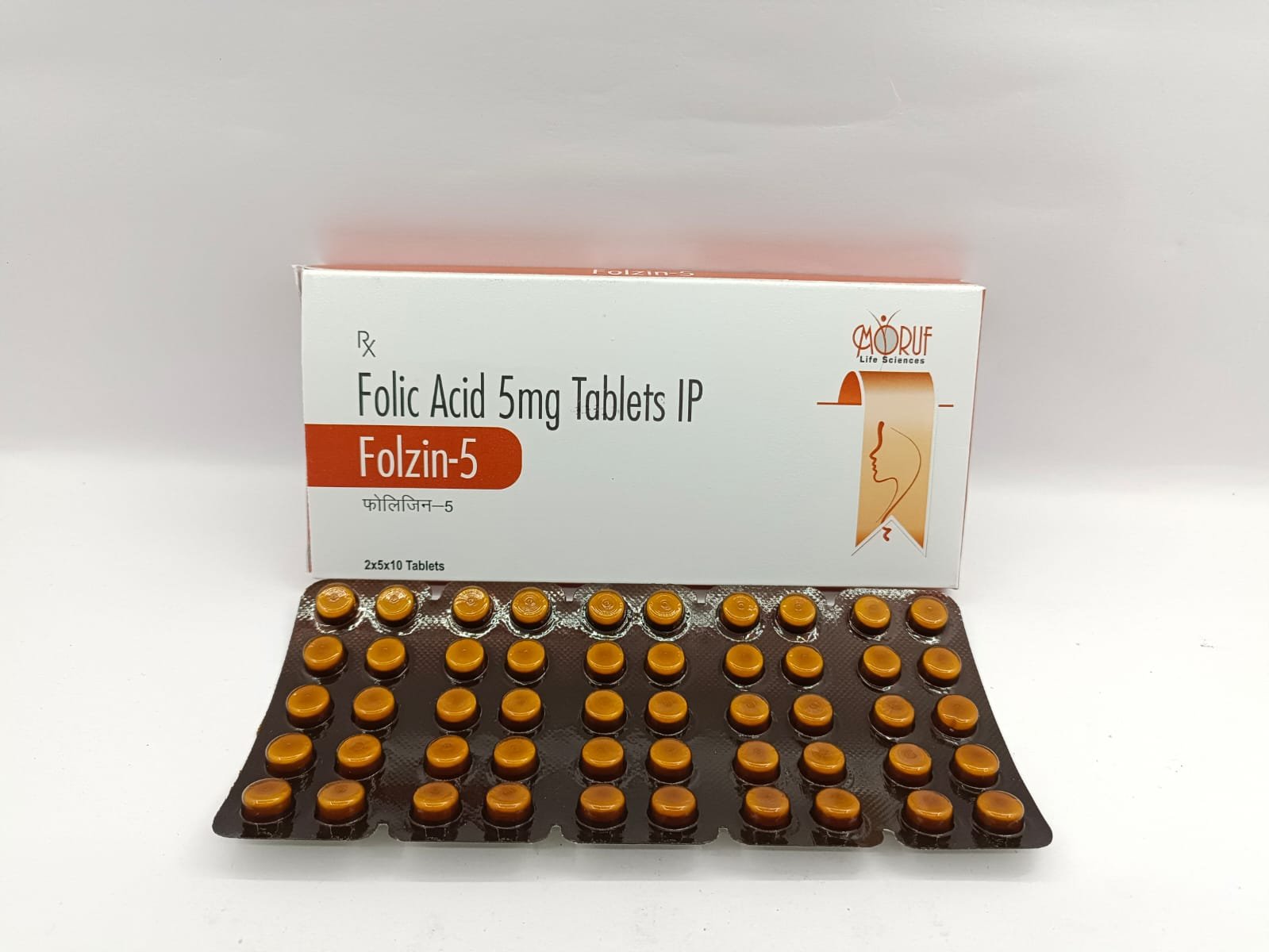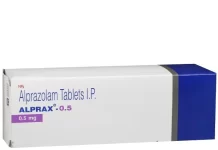Folic acid is a synthetic form of folate, a B vitamin. It is commonly used as a dietary supplement to treat or prevent folic acid deficiency and certain medical conditions. Here’s an overview of the uses, benefits, common symptoms, and potential side effects of folic acid: Folic-Acid Tablet Uses Benefits and Symptoms Side Effects

Uses:
Folic acid is used for the following conditions:
- Folic Acid Deficiency: It is prescribed to treat or prevent folic acid deficiency, which can occur due to inadequate dietary intake, malabsorption disorders, alcoholism, or certain medications.
- Pregnancy: Folic acid supplementation is recommended for pregnant women to prevent neural tube defects (such as spina bifida) in the developing fetus.
- Anemia: Folic acid may be used as part of the treatment for certain types of anemia, such as megaloblastic anemia caused by folic acid deficiency.
Benefits:
Folic acid provides several benefits, including:
- Cell Growth and Reproduction: Folic acid is essential for the proper growth and division of cells, including red blood cells. It plays a crucial role in DNA synthesis and repair.
- Prevention of Neural Tube Defects: Adequate folic acid intake before and during pregnancy can significantly reduce the risk of neural tube defects, which affect the brain and spinal cord development of the fetus.
- Improved Red Blood Cell Production: Folic acid supplementation can help increase the production of healthy red blood cells, improving symptoms associated with certain types of anemia.
Symptoms:
Folic acid deficiency may manifest with the following symptoms:
- Fatigue or weakness
- Shortness of breath
- Pale skin
- Poor growth in children
- Difficulty concentrating
- Tongue or mouth sores
Side Effects:
Folic acid is generally safe when taken as directed, and side effects are rare. However, high doses of folic acid may cause the following symptoms:
- Nausea or upset stomach
- Bloating or gas
- Sleep disturbances
- Skin reactions (rare)
It’s important to note that folic acid
supplementation should not replace a balanced diet. In some cases, individuals with certain medical conditions or taking specific medications may require higher or lower doses of folic acid. It’s advisable to consult a healthcare professional to determine the appropriate dosage and duration of folic acid supplementation based on individual needs.
If you have concerns or questions about folic acid or its side effects,
it is recommended to consult a healthcare professional who can provide personalized information based on your medical history and current condition.
Folic-Acid Tablet Uses Benefits and Symptoms Side Effects what is Folic-Acid drug Folic-Acid Tablet in hindi what is Folic-Acid drug Folic-Acid Tablet in hindi






